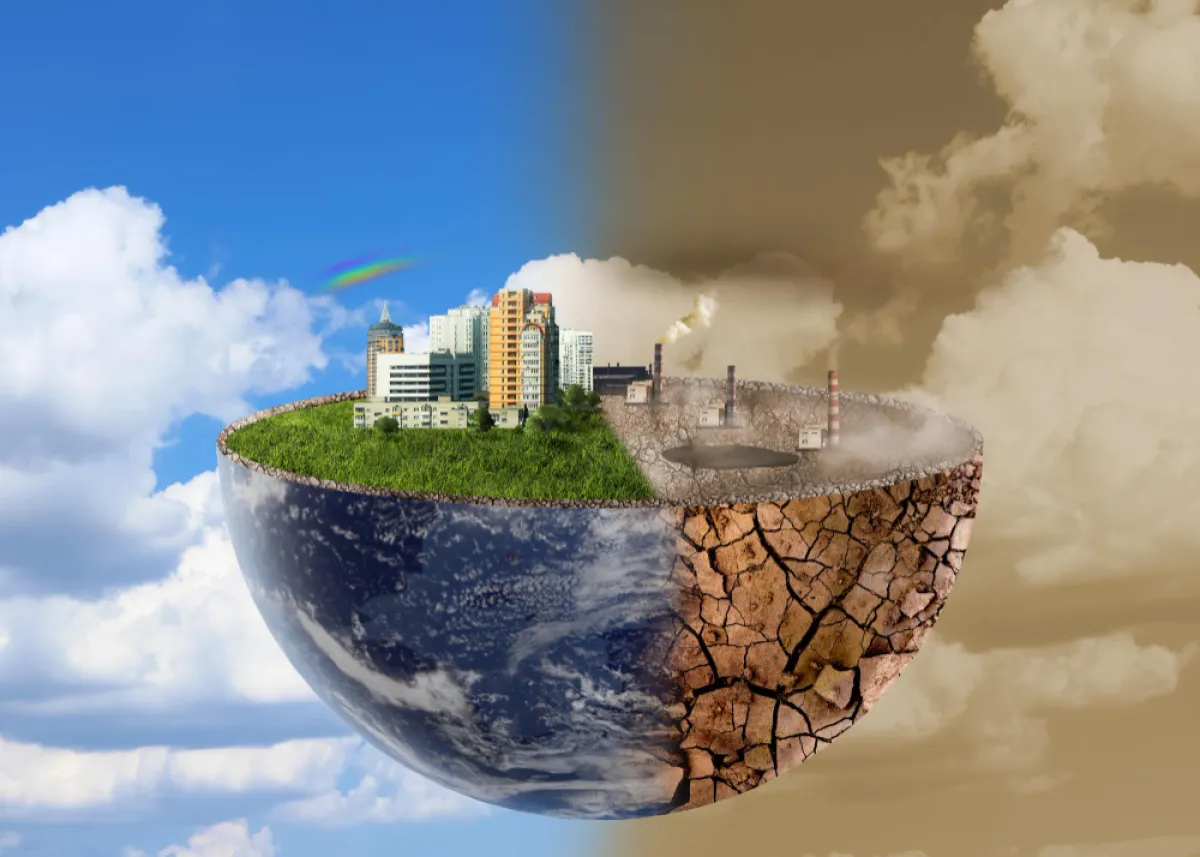
Currently, economic expansion and increasing global population have led to greater resource consumption and the utilization of technology for convenience in life. This has had an impact on natural resources, led to pollution, and contributed to climate change, resulting in a "global warming" issue that everyone is becoming more aware of and concerned about the long-term effects. Businesses have also turned their attention towards environmental-friendly products, in response to the increasing trend of environmental conservation, leading to the promotion of the "Green Industry." This refers to industries that are committed to improving production processes and continuous environmental management for environmentally friendly operations, along with a commitment to operate with social responsibility both within and outside the organization along the supply chain, for sustainable development.
In October 2023, the European Union announced the full implementation of the Carbon Border Adjustment Mechanism (CBAM), which is one of the measures under the European Union's Green Deal policy. This aims to foster the green industry, prevent carbon leakage, and reduce competition disadvantages from foreign producers who have less stringent greenhouse gas emissions measures than the European Union. Such a measure will impact industries that are at high risk of carbon leakage in their production processes.
In addition to this, the United States is considering the Clean Competition Act (CCA), aiming to set a carbon price for products causing intense greenhouse gas emissions, both domestically produced and imported. This regulation will take effect on January 1, 2026.
Thai business sectors have started adapting to these issues. The global organization "Mitsubishi Electric Factory Automation (Thailand) Co., Ltd. (MELFT)" has come forward to drive and help push and co-develop the Thai industry towards Industry 4.0, bypassing the pitfalls of carbon taxes. This is in support of upgrading Thailand's manufacturing industries to modern automated systems, increasing efficiency, reducing energy usage, and reducing production costs in both the short and long term. This move will also increase opportunities and competitive abilities in the global market, respond to the green industry trend, and step towards becoming a smart factory under the e-F@ctory concept.
Mitsubishi Electric Corporation, Japan, the parent company of Mitsubishi Electric Factory Automation, has been working on an ecosystem for a long time by attracting partners in the business chain to create environmentally friendly industries. It is compiling "big data" for use in various industries, making production processes cleaner, reducing energy use, and maximizing benefits. This will lead to tax exemptions, tax reductions, or even selling carbon credits to other factories that exceed the set carbon emission standards.
While decarbonization aims to strengthen supply chains in the form of an ecosystem, create networks, and build partnerships, Mitsubishi Electric Factory Automation seeks to start with the plastics group. This is because plastic is a product essential to consumers' lives. If a "green plastic" ecosystem can be established, in addition to entrepreneurs avoiding carbon taxes when importing goods for sale abroad, it will also create bio-plastics, which are in high demand worldwide.
Mitsubishi Electric Factory Automation is therefore coordinating with the Plastic Institute to educate its member companies about the dangers of carbon and the carbon tax measures being prepared for announcement in Europe. At the same time, Thantawan Industry Plc. is also proceeding on this matter by setting a plan to reduce carbon emissions for a certain period. They see an opportunity to drive this issue with Mitsubishi Electric Factory Automation as a model for other companies to see the ways to reduce carbon and apply them.
Data updated on May 31, 2023
Source: National Science and Technology Development Agency (NSTDA)
Tel. +66 2564 7000